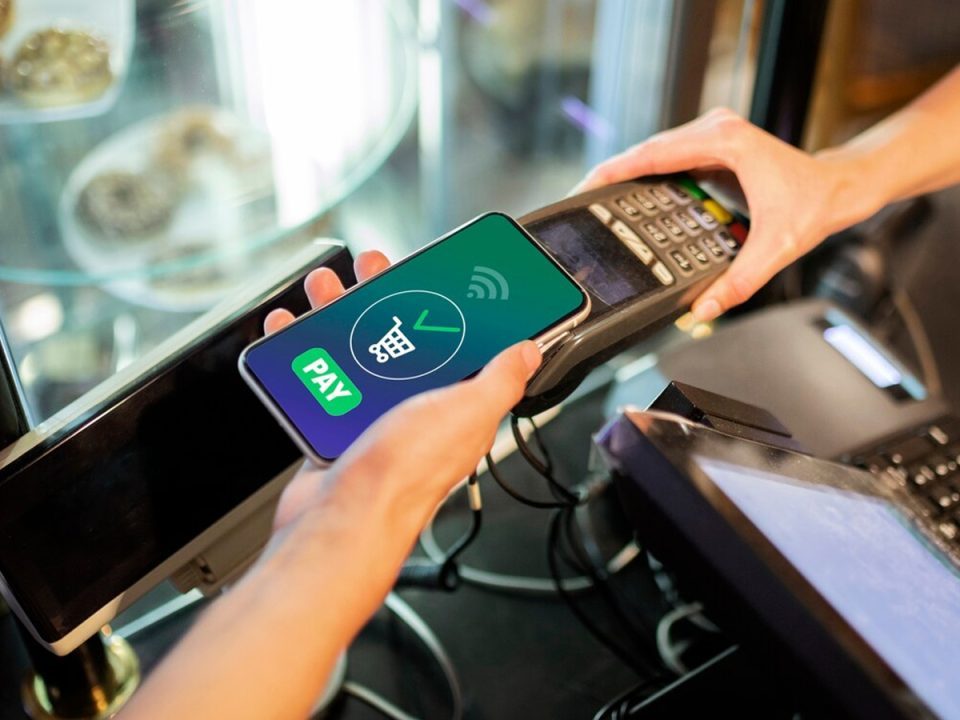FinTech has seen transformative innovations in recent years, particularly in the realms of mobile wallets and digital payments. As the world increasingly shifts towards a digital-first approach, these fintech advancements are revolutionizing the way we handle financial transactions, making them more seamless, secure, and accessible than ever before.
-
The Rise of Mobile Wallets
Mobile wallets have become a cornerstone of the FinTech revolution, offering a digital alternative to traditional wallets. These applications allow users to store their payment information on their smartphones, enabling them to make transactions without the need for physical cards or cash. Popular examples include Apple Pay, Google Wallet, and Samsung Pay, each providing unique features and integrations that enhance user experience.
The convenience of mobile wallets is undeniable. Users can make purchases with a simple tap or scan, reducing the need to carry multiple cards or remember various PINs and passwords. Moreover, mobile wallets often come equipped with advanced security features, such as biometric authentication and tokenization, which replace sensitive card details with a unique identifier. This significantly reduces the risk of fraud and unauthorized transactions, providing users with peace of mind.
Read More on Fintech : Global Fintech Interview with Sadra Hosseini, CEO at Ryft
-
Digital Payments: The Backbone of Modern Transactions
Digital payments encompass a broad range of financial activities, including online shopping, bill payments, and peer-to-peer transfers. The proliferation of smartphones and internet connectivity has fueled the growth of digital payments, making them an integral part of daily life. According to a report by Statista, the global digital payments market is projected to reach $6.7 trillion by 2023, underscoring its rapid expansion and adoption.
One of the key drivers behind the success of digital payments is the shift towards a cashless society. Countries like Sweden and China are leading the way, with a significant portion of their populations relying solely on digital transactions. This shift is not only convenient but also fosters financial inclusion, allowing unbanked and underbanked individuals to participate in the formal economy through mobile payment solutions.
-
Benefits of Mobile Wallets and Digital Payments
- Convenience and Speed
The primary advantage of mobile wallets and digital payments is their convenience. Individuals can conduct transactions at any time and from any location, eliminating the need for physical cash or cards. This is particularly beneficial for e-commerce, where consumers expect quick and hassle-free payment options. The integration of mobile wallets with e-commerce platforms has streamlined the checkout process, reducing cart abandonment rates and boosting sales.
- Enhanced Security
Security is a critical concern in the digital age, and mobile wallets are designed to address this issue. Features such as two-factor authentication, encryption, and real-time transaction alerts protect users from fraud and identity theft. Additionally, the use of blockchain technology in some digital payment systems ensures transparency and immutability, further enhancing security.
- Financial Inclusion
Mobile wallets and digital payments have the potential to bridge the gap between the banked and unbanked populations. In regions where traditional banking infrastructure is lacking, mobile payment solutions offer a viable alternative. For instance, M-Pesa in Kenya has successfully provided financial services to millions of unbanked individuals, empowering them to save, transfer money, and access credit.
- Cost Efficiency
For businesses, digital payments can lead to significant cost savings. The elimination of physical cash handling, reduced transaction fees, and streamlined accounting processes all contribute to lower operational costs. Moreover, digital payments provide valuable data insights that businesses can leverage to understand consumer behavior and optimize their strategies.
- Challenges and Future Prospects
Despite the numerous benefits, the adoption of mobile wallets and digital payments is not without challenges. One of the primary concerns is the digital divide, with a significant portion of the global population still lacking access to smartphones and the internet. Addressing this issue requires concerted efforts from governments, technology providers, and financial institutions to ensure equitable access to digital financial services.
Another challenge is cybersecurity. As digital payment systems become more sophisticated, so do the tactics of cybercriminals. Ensuring robust security measures and staying ahead of potential threats is crucial to maintaining user trust and safeguarding financial data.
Looking ahead, the future of mobile wallets and digital payments is promising. The integration of artificial intelligence (AI) and machine learning (ML) is set to revolutionize the industry further. AI-powered chatbots and virtual assistants can provide personalized financial advice and support, while ML algorithms can detect fraudulent activities in real time, enhancing security.
Moreover, the rise of cryptocurrencies and decentralized finance (DeFi) platforms presents new opportunities and challenges. Digital wallets that support multiple currencies, including cryptocurrencies, are likely to become more prevalent, offering users greater flexibility and control over their financial assets.
The FinTech revolution, symbolised by mobile wallets and digital payments, is reshaping the financial landscape. By offering unparalleled convenience, security, and accessibility, these innovations are driving the transition toward a cashless society and fostering financial inclusion. While challenges remain, the continued evolution of technology promises to unlock new possibilities and redefine the future of finance. As we carry the future in our pockets, the potential for transformative change in how we manage and spend our money is limitless.
Catch more Fintech Insights : Global Fintech Interview with Kapil Kale, Co-founder and COO of Tremendous
[To share your insights with us, please write to psen@itechseries.com ]
